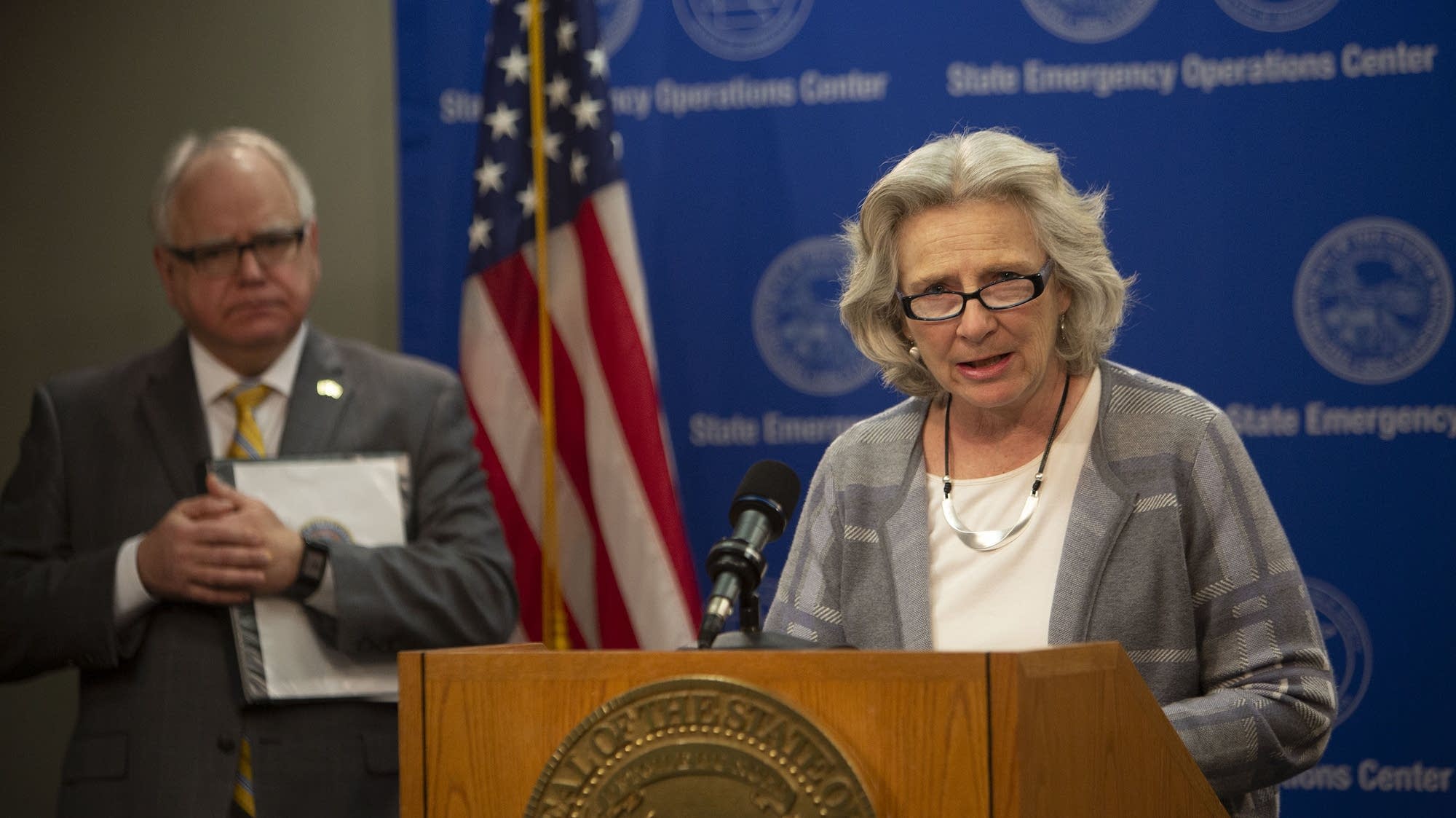From the earliest days of the coronavirus pandemic, “test, trace and isolate” was a mantra coming from the highest ranks of Minnesota’s government.
It’s a trio of tools key to reopening the state, said Gov. Tim Walz during an April 13 press briefing.
“We believe we’re working in the right direction to save lives,” he said. “Yes, we all want to open up tomorrow, but people will die if we do that.”
But while testing has increased to nearly 5,000 COVID-19 tests daily, case investigation and contact tracing — the practice of contacting someone who has tested positive and then tracking down other people they may have come in contact with while they were contagious — has been slower to ramp up.
State Health Department officials said they are short-staffed and it’s now taking several days to launch case investigations once they learn of a positive test result. County health officials said they’re worried delays have led to potentially risky gaps between when someone finds out they’re positive for the coronavirus and when they are first contacted by state officials to discuss who they might have been in contact with while contagious.
“With that lag in communication, some individuals might still report to work and be positive, they might still go about their activities that would put other people in the community at risk,” said Sarah Grosshuesch, Wright County’s public health director. “And of course, not know how to protect their family.”
Grosshuesch is among public health representatives of 17 counties surveyed across the state by MPR News. Many expressed frustration that case investigation and contact tracing have been slow to start, even as the state focused on increased testing.
It wasn’t until early May that the state started training county employees to investigate cases locally, a perplexing delay for county officials who have previous experience with this practice from other infectious disease outbreaks.
The Minnesota Department of Health said ramping up contact tracing has been hampered by logistics and technology. The case investigation and contact tracing process has long relied on manual, paper-based steps and was done on-site in St. Paul as a result. But the pandemic has forced the agency to look for more efficient ways to do the work.
Digitizing the process so local public health employees could be involved was the first step, said Deputy Commissioner Margaret Kelly.
“Because of this, it had been very challenging to imagine how we could share this work with our local partners, especially during a pandemic,” Kelly said. “As we planned for the surge in cases, we determined we needed to find a way for this work to be done electronically and remotely so that we could have [local public health] take on some of the work. … We transformed our work as quickly as we could.”
State officials say a hiring freeze has prevented them from bringing new case investigators on staff, so they’re asking the Legislature to allocate $300 million from federal COVID-19 response funding to ramp up contact tracing to keep up with a growing number of positive test results.
Health Department redeploys staff
In a conference room at the state Health Department, lead case investigator Cody Schardin spends his days managing a growing number of employees who have been redeployed from other parts of the department to help contact people who have tested positive for the virus.
He said once the state is alerted to a new positive c

